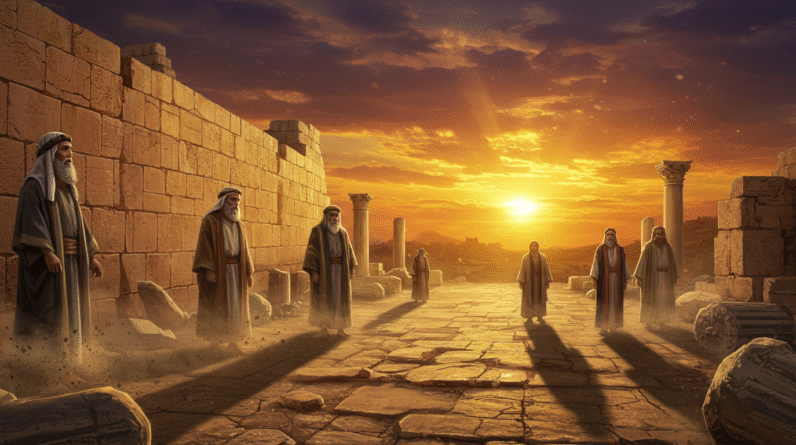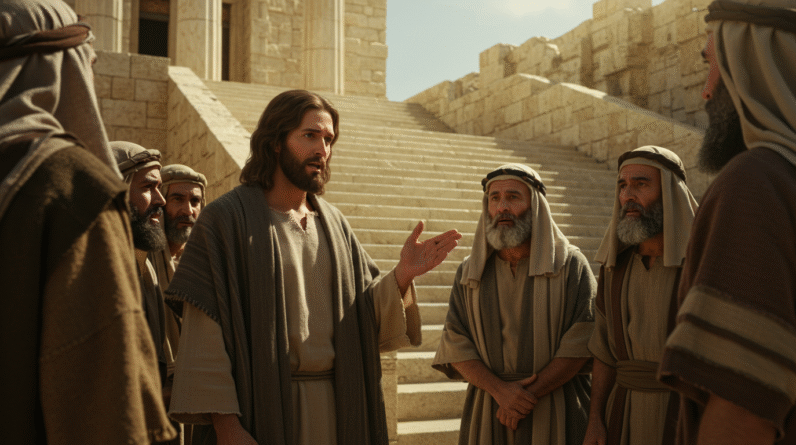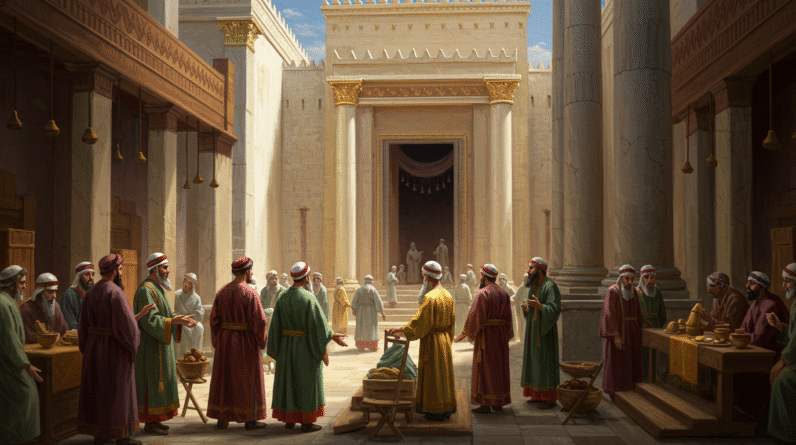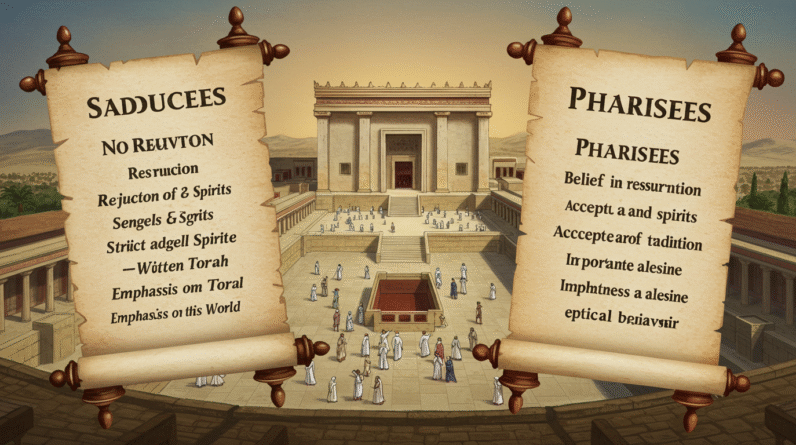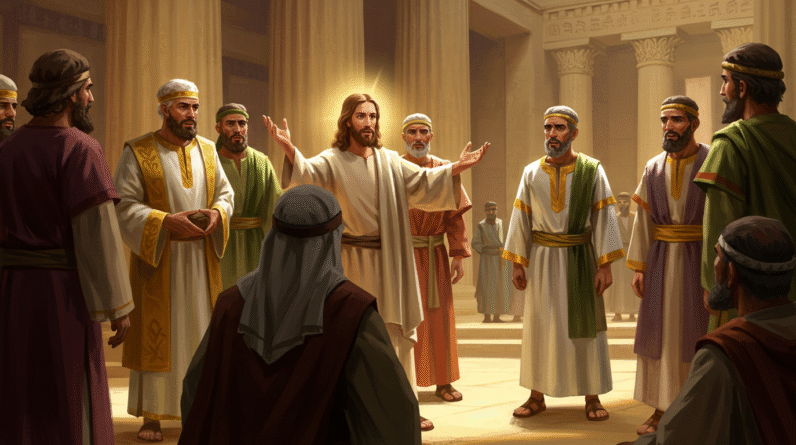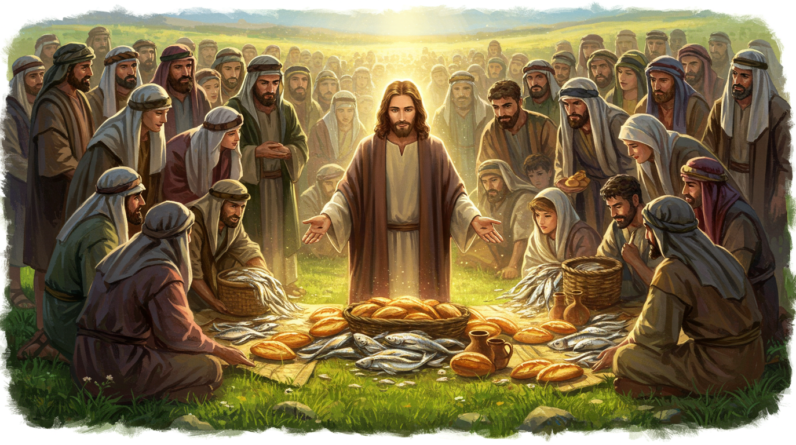Explore the Essenes, an enigmatic Jewish sect by the Dead Sea. Discover their communal life, beliefs, and influence on religious thought through the Dead Sea Scrolls.
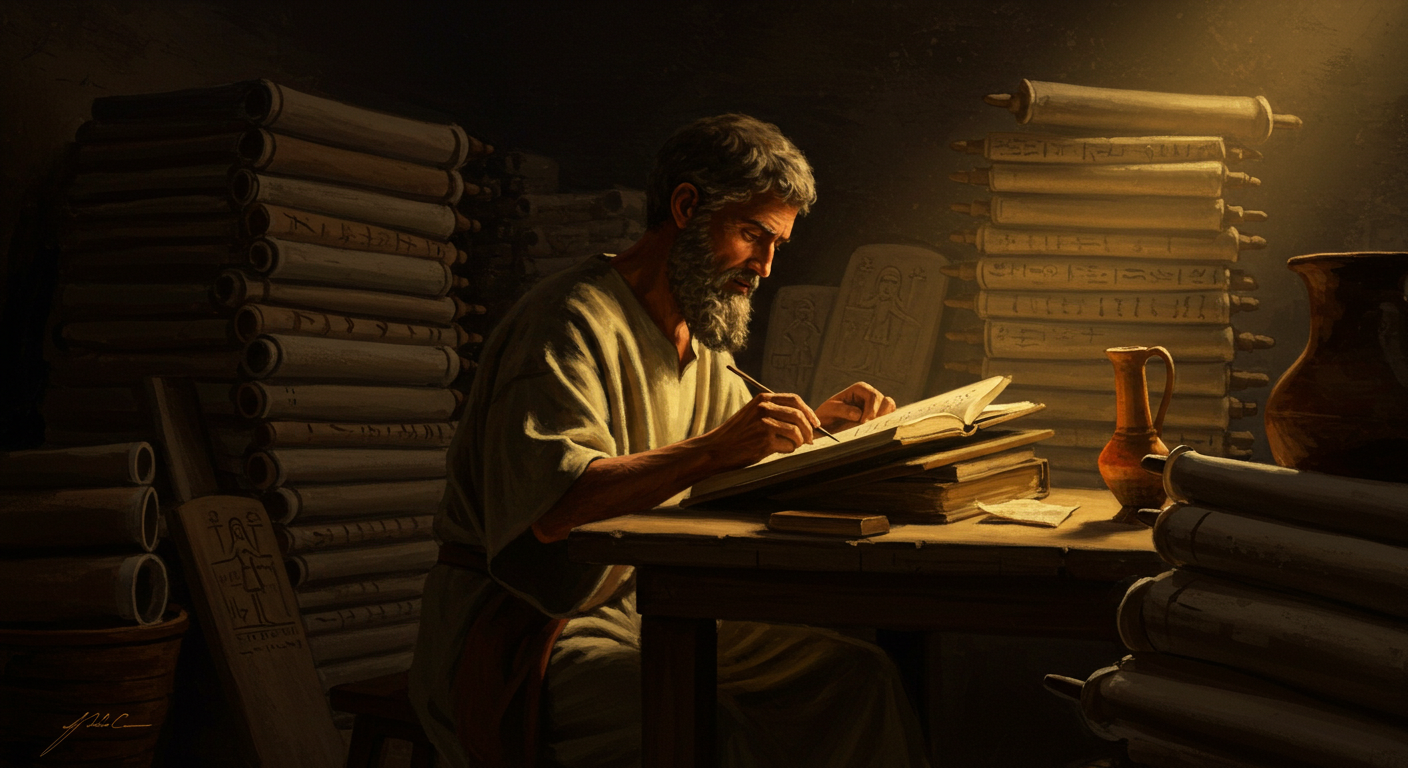
The Essenes – Historical Inference (Dead Sea Scrolls)
Introduction
Imagine a secluded community living by the edge of the Dead Sea nearly two thousand years ago, devoted to a life of purity, prayer, and study. These were the Essenes, an enigmatic Jewish sect whose way of life influenced religious thought in profound ways. Known for their meticulous adherence to the laws of Moses and their fervent expectation of a messianic kingdom, the Essenes have captured the imagination of historians and theologians alike, particularly due to their association with the Dead Sea Scrolls, a collection of texts that has breathed life into our understanding of early Jewish and Christian origins.
Who Were the Essenes?
The Essenes were one of several Jewish sects that existed during the Second Temple period, alongside the Pharisees and Sadducees. They are mentioned by ancient historians like Josephus, Philo, and Pliny the Elder, each of whom provides valuable but slightly varied accounts of their practices and beliefs. Unlike other Jewish groups, the Essenes were known for their communal style of living, renouncing personal wealth and sharing everything with the community. They held their property in common and adhered to a strict hierarchical order within their brotherhood.
Central to Essene life was their emphasis on ritual purity, which included complex rules regarding cleanliness, dietary laws, and Sabbath observance. They believed in the immortality of the soul and the eventual resurrection of the dead, aligning them closely with Pharisaic beliefs. However, their stringent adherence to community rules and lack of involvement in Temple sacrifices set them apart, leading many to wonder if they considered themselves the true Israel in contrast to the practices of mainstream Judaism at the time.
The Dead Sea Scrolls: A Historical Treasure Trove
The Essenes are perhaps best known today for their association with the Dead Sea Scrolls, a discovery that has significantly altered our understanding of early Jewish thought. Discovered in the mid-20th century in the Qumran Caves near the Dead Sea, these texts include biblical manuscripts, apocryphal writings, and sectarian documents. The scrolls offer invaluable insight into the Essenes’ theological perspectives, daily life, and eschatological expectations.
The scrolls include manuscripts such as the “Manual of Discipline” or “Community Rule,” which outlines the sect’s ethos and communal regulations. It provides a glimpse into how members were to conduct themselves, stressing the importance of honesty, humility, and dedication to the laws of Moses. This document reflects their belief in a coming age where they would take part in a cosmic battle between the forces of light and darkness, a theme that underscores their apocalyptic vision.
Lessons from the Essenes
In exploring the life and philosophy of the Essenes, several lessons emerge that remain relevant today. Firstly, they embodied the principle of communal living and shared resources, challenging the modern emphasis on individualism and material pursuit. In doing so, they remind us of the value of community, collective responsibility, and mutual aid.
Secondly, the Essenes’ focus on purity and spiritual discipline prompts reflection on the role of personal and communal ethics. Their life’s dedication to purity wasn’t just a physical concept but seemed deeply intertwined with spiritual and moral integrity, something that modern society grapples with amidst ethical ambiguities.
Lastly, their anticipation of a transformative cosmic event invites contemplation about hope, expectation, and the nature of faith. The Essenes lived in a time of Roman occupation and political turmoil, yet their belief in a divine plan provided them solace and purpose, an attitude that can inspire contemporary resilience amid uncertainty.
The Essenes’ Influence on Modern Religious Thought
The Essenes’ practices and beliefs have left a significant imprint on modern religious thought, particularly on early Christianity. Scholars often debate the connections between Essene disciplines and Christian teachings, especially given the shared themes of messianic expectations, communal living, and ascetic practices. For instance, some speculate that John the Baptist may have been influenced by or even lived among the Essenes, given his own ascetic lifestyle and emphasis on repentance and preparation for the kingdom of God.
The Dead Sea Scrolls also reveal parallels with early Christian texts, highlighting themes such as the battle between light and darkness, set-apartness from the world, and expectation of the end times. These shared motifs open avenues for understanding how Jewish apocalyptic beliefs might have laid the groundwork for early Christian thought.
Connection to Today’s World
In reflecting on the life and beliefs of the Essenes, we find intriguing parallels to contemporary issues. Their commitment to community over individual wealth, purity over compromise, and hope in future divine justice speaks volumes to a world wrestling with inequality, moral dilemmas, and existential despair. In times where division and self-interest can fracture communities, the Essene model of unity and shared purpose offers a counter-narrative.
Moreover, their disciplined lifestyle and anticipation of something greater invite introspection about our own life’s purpose and the values we hold dear. The Essenes challenges us to consider how much we allow future hopes to influence our present actions and how our personal beliefs align with the needs of our communities and the world.
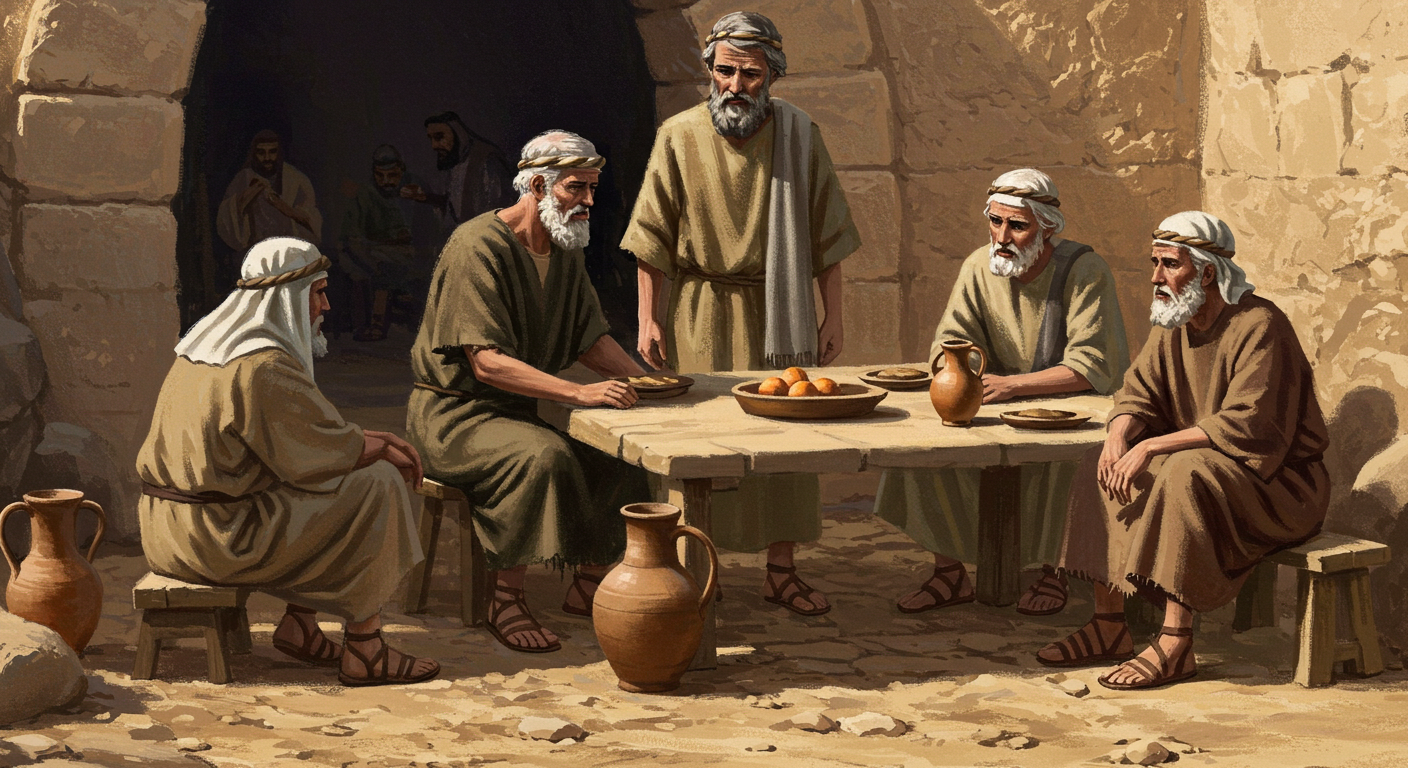
Key Biblical Connection
The Essenes themselves are not directly mentioned in the Bible, but there are moments reflecting similar ideologies, such as the emphasis on purification and righteousness seen in texts like Isaiah 1:16-17:
“Wash and make yourselves clean. Take your evil deeds out of my sight; stop doing wrong. Learn to do right; seek justice. Defend the oppressed. Take up the cause of the fatherless; plead the case of the widow.”
This passage underlines the core of the Essenes’ values, emphasizing purity, justice, and community action. It serves as a rallying cry for both ancient and modern seekers of truth and integrity.
Thought-Provoking Question
Reflecting on the Essenes and their disciplined, community-oriented lives, one might ask: How do your practices and communal engagements reflect your deepest beliefs and hopes for the future? Are there aspects of your life that could be realigned to foster greater community, ethical living, and expectation of positive change?
Conclusion
The story of the Essenes and their profound association with the Dead Sea Scrolls is a rich tapestry of history, faith, and anticipation that continues to resonate through the ages. In studying this fascinating group, we uncover not just historical insights but timeless truths that speak to the core of human experience.


